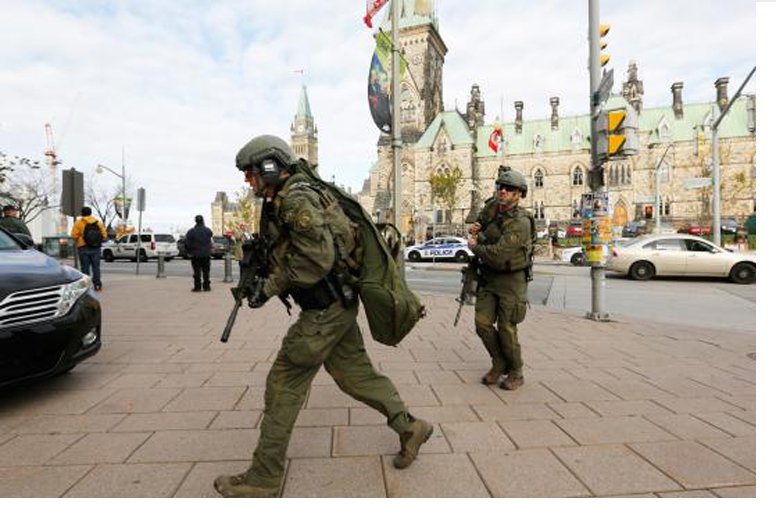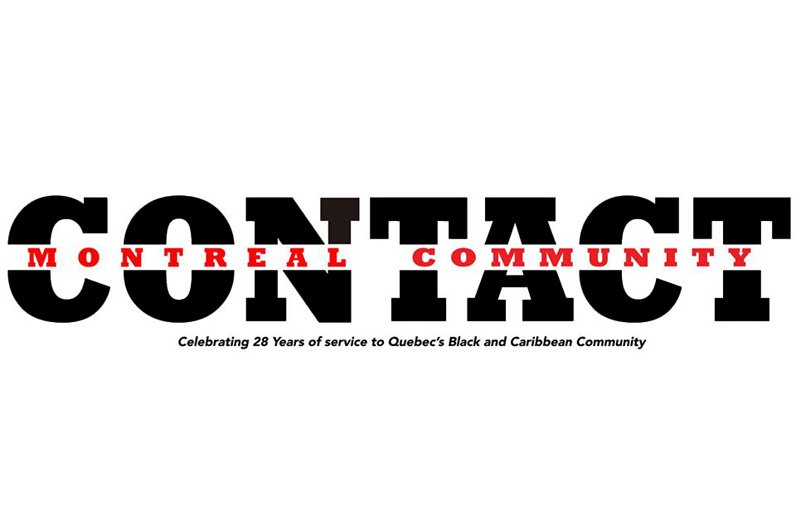The Canada government is in full offensive mode following what were deemed terrorist attacks that left two soldiers dead and two injured in Quebec and Ottawa.
The first attack occurred on October in Saint-Jean-sur-Richelieu, Quebec when 25 year old Quebecer Martin Couture-Rouleau described as a radicalized Muslim convert drove his car into a group of Canadian soldiers killing Warrant Officer Patrice Vincent and injuring another soldier.
Couture-Rouleau was shot and killed by police after a short chase.
Then on October 22, Michael Zehaf-Bibeau, another 25-year-old Quebec born man, approached Corporal Nathan Cirillo who was a ceremonial guard at the Tomb of the Unknown Soldier in Ottawa, and shot him twice in the back at close range. Cirillo died a short time later.
Zehaf-Bibeau then drove the short distance to Parliament Hill and entered the House of Commons where he was engaged in a firefight by RCMP and security officers.
He was eventually killed by Kevin Vickers the Sargeant -at-Arms of the House of Commons . Reportedly more than 50 shots were fired in the exchange.
Much of the gunfight took place not far from where Prime Minister Stephen Harper and the leader of the opposition Thomas Mulcair , were holding caucus meetings in rooms on either side of the Hall of Honour where Zehaf-Bibeau was killed. Justin Trudeau and his Liberal caucus were in a room downstairs.
A day after the incident the three political leaders in an unusual show of unity, the prime minister and the two opposition leaders offered statements of solidarity.
Then almost immediately the Harper government started to put in place legislation to give more powers to the country’s spy agency (CSIS) and to police department in the fight against terrorism and suspected terrorist.
Public Safety Minister Steven Blaney was quoted as saying that with the increased terrorist threats, CSIS needed new powers to better able to share intelligence with allies and to track terrorist suspects who leave Canada to fight oversees.
However, many are suspicious about this new urgency to craft tougher laws to deal with two incidents and individuals that are far more complex to explain than terrorism and terrorists.
Both opposition parties are withholding unconditional support of any proposed law suggesting a more steady as you go approach, urging the government to look at laws that are already on the books to see if they can be just as effective.
Political pundits are also holding up caution flags, especially because the two perpetrators were deemed to be mentally unstable.
In a recent op-ed piece in the Ottawa Citizen, Ronald Crelinsten a highly respected professor and author on the issue of terrorism suggested a broader look at the incidents and the people behind them.
“The relationships between violent extremism and mental health, radicalization and terrorism, are very complex. Specialized health and social services, as well as public education, can sometimes address these issues effectively and deserve serious consideration.”
.













